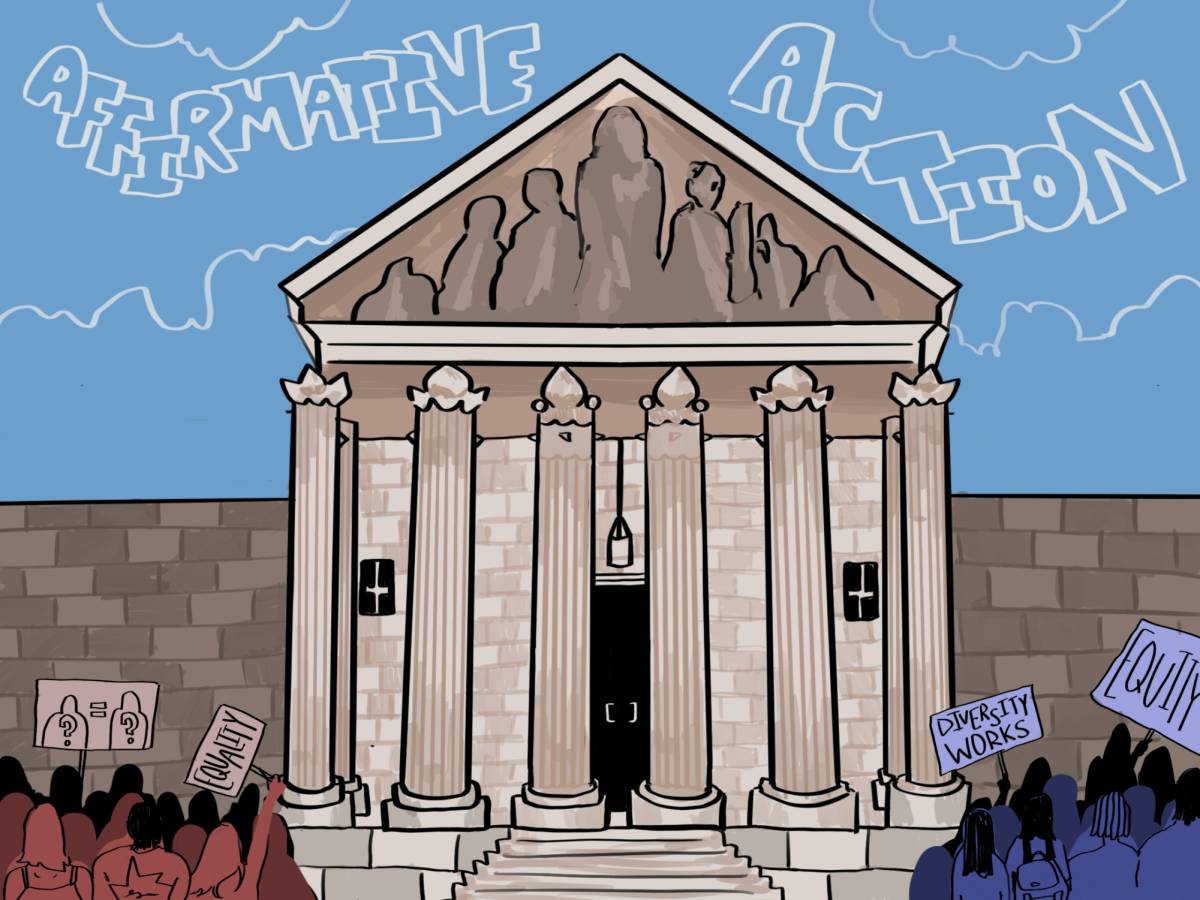Cass Melo, Assistant Opinion Editor
Despite numerous warnings from administration, some students continue to order food to be delivered to school. Whether it’s coffee or lunch, these deliveries are inevitable, and the administration should work with students to regulate the process.
In today’s fast-paced society, convenience and efficiency have become essential aspects of students’ daily lives. Students have busy and demanding schedules, and access to food deliveries through services such as DoorDash and Uber Eats can significantly enhance their productivity and time management, while supporting their growth and development.
Preventing students from delivering items to school during the day creates a series of other problems. For students who can drive, many leave school during lunch or even skip classes to pick up food for themselves. Those who ignore warnings and continue to get food delivered then create a safety hazard for other students, as they attempt to avoid punishment by not alerting the school of the potential threat. Additionally, allowing food deliveries would encourage students to remain on school property throughout the day, and in turn, stay safe as they would be on the road for less time.
For students who rely on the bus or have extracurriculars early in the mornings, packing a lunch before school can be challenging. Allowing food deliveries to school helps overcome this obstacle by ensuring that students have access to meals without having to leave campus.
Additionally, allowing students to have food delivered encourages them to make conscious choices about their meals and develop a healthy relationship with food by selecting balanced and nourishing options. Ordering food requires students to navigate online platforms, practice budgeting, and make responsible decisions, all of which are valuable life skills that they can carry forward into adulthood.
Furthermore, delivery services offer a wide array of options such as accommodating various dietary needs. While the school offers meals which align with many preferences and restrictions, food delivery allows for a wider variety of vegetarian, vegan, gluten-free or allergy-friendly options which promotes inclusivity by supplying students with nutritious meals tailored to their specific needs.
Food delivery services also promote inclusivity, as they provide options for students with diverse cultural backgrounds, ensuring that all students can enjoy meals that align with their cultural preferences and traditions.
Permitting food deliveries to high schools not only benefits students, but also supports local businesses. Many food delivery services collaborate with nearby restaurants and establishments, generating revenue for these businesses. By allowing students to order from these services, schools contribute to the local economy and encourage entrepreneurship, ultimately fostering a sense of community.
As all school deliveries are placed in the front of the rotunda, ensuring students who order food deliveries are given proper information to the services about where to leave the items should not cause an additional strain on administration. If students communicate with administration about their purchases and are prepared to receive them safely without disrupting learning time, schools can empower students to make informed choices while prioritizing their overall well-being and academic success.














